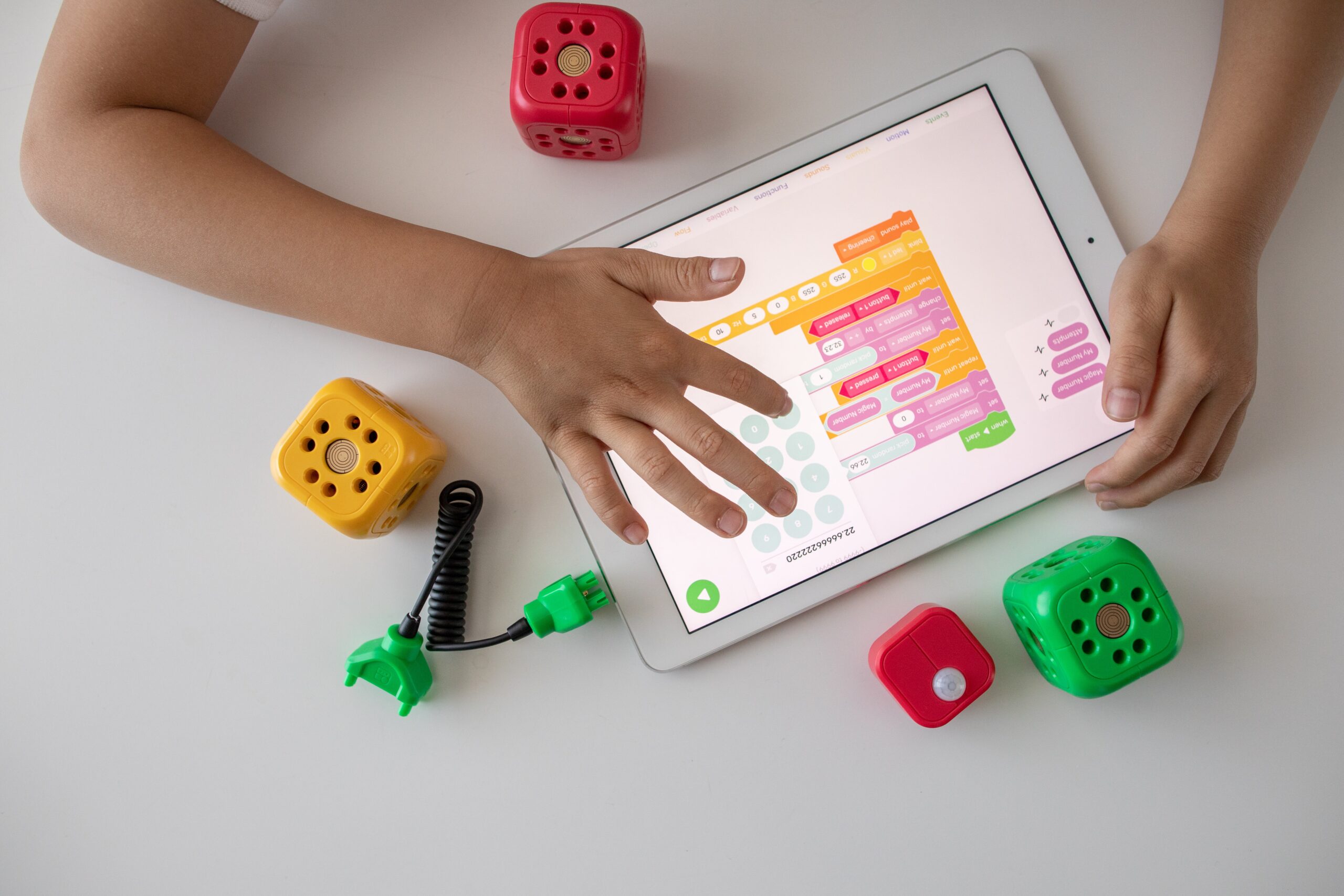Digital literacy has become an essential part of life in the 21st century. To participate in society as informed citizens, individuals must develop digital skills, but they must also develop the abilities to evaluate news sources and information, communicate efficiently online, and understand the implications of online behavior. In a knowledge society where digital literacy has become increasingly important, it has become crucial to examine how children develop digital skills through media use in different social contexts. Especially since research has shown that two-thirds of young people between the ages of 13 and 18 lack essential skills around media literacy. This means that these young people did not acquire digital literacy skills between the ages of 8 and 12, the stage when children form learning and working habits that endure for the rest of their lives. The development of digital literacy in this age group is therefore crucial to examine; now and for the future.
Project info
This project explores the role of the various social contexts in which children “live” that are connected by digital media. We focus on the role of family relationships and formal (primary education) and informal education (after-school care). Exploring how children use media in different contexts is necessary because children’s lives today are characterized by constant exposure to and immersion in digital media. Digital media such as smartphones, game consoles and social media platforms are intertwined with children’s developmental processes: forming an identity, building friendships, communicating with family and exploring the world outside their familiar environment. Moreover, these media also connect different domains in children’s lives, such as school, hobby club, home and after-school care. Not only do mobile media travel from one location to another, digital platforms also blend different “offline” domains into one hybrid online environment.
This project examines whether and how the causes that promote or hinder the development of digital literacy differ between children from more and less vulnerable socioeconomic backgrounds. In this project, we ask under what conditions the development of digital media literacy is supported within households, and what these differences in how families handle media within the household mean for children’s media practices inside and outside the family. Specifically, the project focuses on three domains of digital literacy:
- Informed citizenship: how do children develop an understanding of social reality through digital media?
- Social capital: how do children develop personal relationships through digital media?
- Digital resilience: how do children deal with issues of privacy and online safety?
Partners
This research is being conducted by Denise Mensonides (Centre for Media and Journalism Studies, University of Groningen) under the supervision of Prof. Marcel Broersma (Centre for Media and Journalism Studies, University of Groningen) and Dr. Anna Van Cauwenberge (Department of European Public Affairs, Ipsos, Belgium). The project is supported by the following partners:
- childcare organization Stichting Kinderopvang Stad Groningen (SKSG)
- Public Education Groningen (O2G2)
- The Ministry of the Interior and Kingdom Relations (BZK)
Contact
For questions about this project, please contact Denise Mensonides (d.mensonides@rug.nl) by email.
